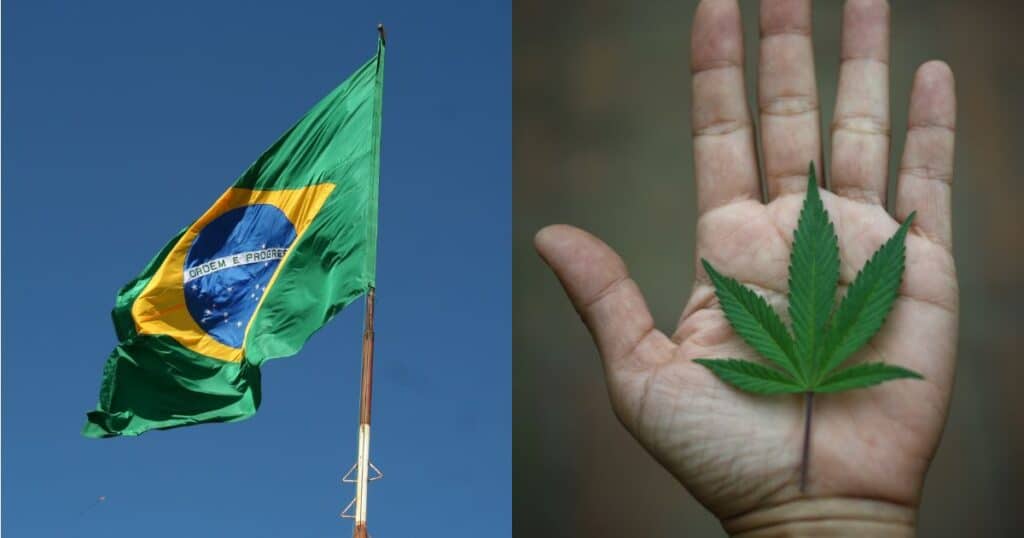Brazil Decriminalizes Marijuana Possession in Landmark Ruling

Brazil’s Supreme Court has decriminalized the possession of marijuana for personal use, marking a significant shift in the country’s drug policy. Here are the key points:
1. The ruling allows Brazilians to possess up to 40 grams of cannabis without facing penalties.
2. This decision will be in effect for the next 18 months, after which Congress and health authorities will set a permanent threshold.
3. The move makes Brazil, with its 203 million inhabitants, the largest country to take such a measure.
4. Selling marijuana remains a criminal offense.
5. The ruling aims to address issues of mass incarceration and racial disparities in drug-related arrests. Studies show that Black men, who represent 27% of the population, account for 61% of drug-trafficking prosecutions.
6. This decision aligns Brazil with a growing global trend towards more lenient marijuana policies. Over 20 countries have now decriminalized or legalized recreational use of marijuana.
7. Despite the court’s decision, public opinion in Brazil remains divided. A March survey found that less than a third of Brazilians support marijuana decriminalization.
8. The ruling comes after nearly a decade of deliberation on a 2009 court case.
9. Chief Justice Luís Roberto Barroso emphasized that the decision does not condone marijuana use but recognizes the failure of current drug policies.
10. Conservative lawmakers are already pushing back, proposing a bill to criminalize any possession of marijuana.
This landmark ruling puts Brazil at the forefront of drug policy reform in Latin America, potentially influencing future legislation in the region and beyond.






Responses